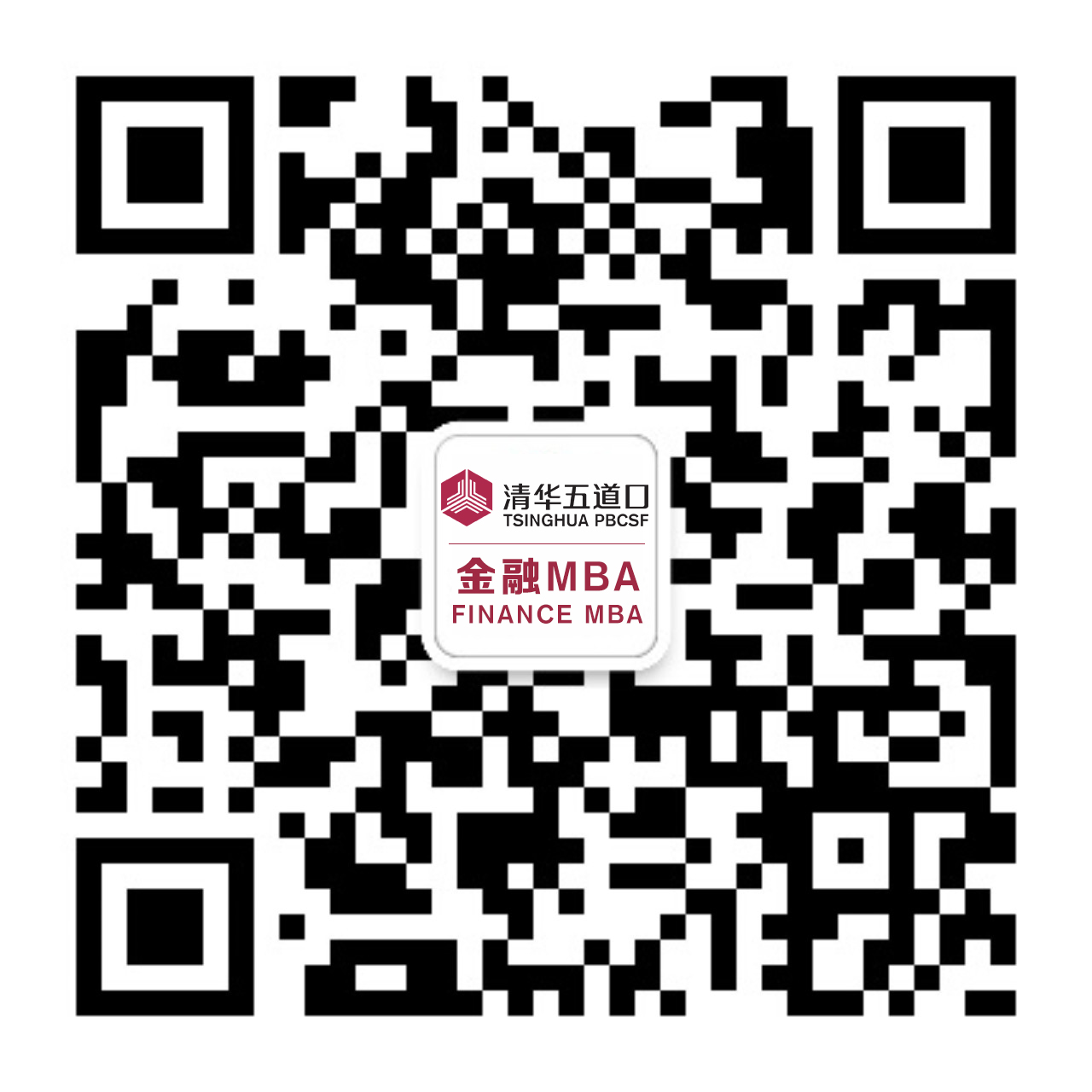We spent two very nice days working together with our Cornell-Tech counterpart colleagues. We had sufficiently diverse backgrounds, including but not limited to technical, legal, filmmaking and financial. Even better, more than half of us had enjoyed the excitement of starting up. This gave us an excellent common ground for our teamwork. When we were together, we worked hard on our group project. Worthy of mention is that our Cornell-Tech team members seemed to have really limited time, but they still made great contributions to the project.
Different from us who had the luxury to spend the whole two days on the hackathon, the Cornell-Tech members had their other courses to follow and other presentations as homework to do. In addition, they understandably had their own extracurricular schedules to keep to, so they had relatively limited time to participate in our team meetings. This actually reminded us of the necessity to get a grip in advance on their situation, so that we could better plan our resources, especially the time, to coordinate the discussions and cooperate on the development of our ideas. Similarly, if Chinese firms want to go global, they must feel out the situation before action.
We actually had some interesting experience in the development of our project. Before coming to New York, we had arranged a whole-group WeChat online meeting with our Cornell-Tech team members to discuss about the direction that we will take on. In fact, we had managed to vote and agree then on an idea to pursue in our project. To our surprise, when arriving in the city, we found that our Cornell-Tech members had stated in our WeChat group that they had decided to pick a new idea, which nobody had ever raised in any previous WeChat discussions. Namely, when we were travelling in plane over the weekend, they unilaterally altered the topic of the team project.
I expressed my disagreement on their new choice. The main logic was that JD had spun off its own perishable goods department exactly one year before which merged with another company. Can you imagine that JD would jump right back on the sinking boat that they had just abandoned.
When we got together at Cornell-Tech hackathon, unsurprisingly they insisted on their newly chosen topic. In addition, all of them had to leave now and then for other courses, and at least two of three on their side must leave the building by seven o’clock on last Monday. Noticing that they could not spare much time on further brainstorming by the presentation at the noon of last Tuesday, we gave way to their unexpected change of topic.
We later learned that this project was part of their homework for the negotiation lecture. We felt then pretty interested in whether their primary aim, conscious or unconscious, was to win the negotiation against us instead of winning the hackathon with us. In fact, a judger thought that our presented project appeared to be very unrealizable. It would be fun if we did have different goals. In that case, their seeming position of “just getting the project done” became explainable (Nevertheless that was also understandable). If not, then the limit of time must have fettered them and they had to choose to finish the project as soon as possible.
Lessons learned, no matter for Chinese firms going global or for foreign firms going China, are that we need to get to the bottom of the story as early as possible in any project of cooperation or negotiation. We have to really size up the true intention of our cooperator/negotiator. In the case of negotiation, this is indispensable for a win-win result. In the case of cooperation, we must reach the unity of purpose before we could achieve any common goal.

